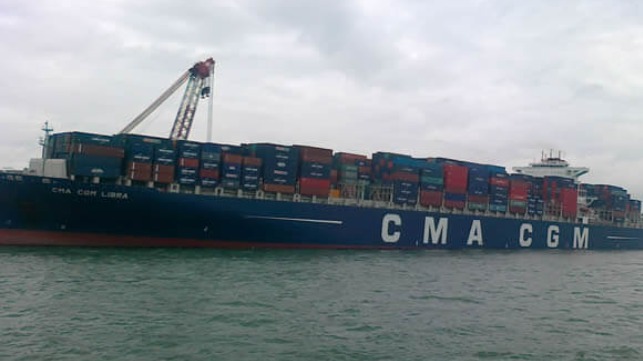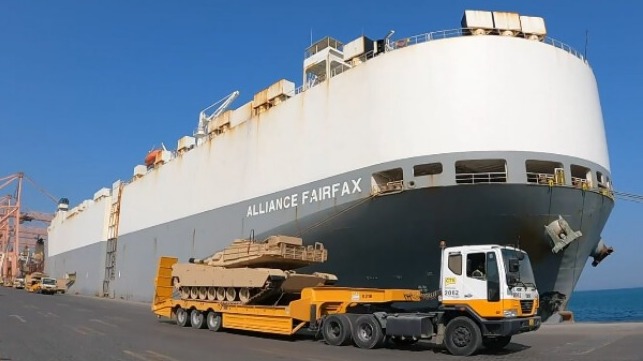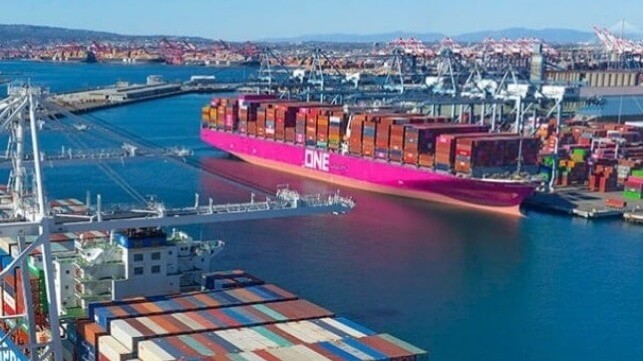Will Owners of Autonomous Ships be Liable for Autonomous Mistakes?

According to experienced admiralty judge and arbitrator Sir Nigel Teare, the advent of autonomous navigation may create difficulties for courts in determining who is liable in the event of a casualty. If the second mate makes a mistake on the passage plan before leaving the dock, the shipowner can be liable for an unseaworthiness claim in the event of a casualty. If the software operating the ship makes the same mistake on the passage plan, the answer may be less clear, he warned - especially after a recent Supreme Court decision.
The case dates back to 2011, long before self-driving merchant ships were under serious consideration. That May, the CMA CGM Libra went out of the fairway at the port of Xiamen and ran aground, requiring a costly salvage operation. General average was declared but some cargo interests refused to pay, arguing that a deficient passage plan had rendered the ship unseaworthy. The admiralty court, appeals court and Supreme Court all agreed with the cargo interests, confirming that a deficient passage plan can be grounds for an unseaworthiness claim.
But for an autonomous ship, the passage plan may be controlled automatically by AI, raising thorny questions about whether the owner could foresee and be held accountable for errors in the software's decisionmaking.
In this case, the shipowner might have a valid argument that the defect occured when the ship was not under the owner's control. Rather, the shipowner could argue, the AI system made a mistake in navigating the vessel - and under admiralty law, "negligent navigation" by the crew does not justify an unseaworthiness claim against the owner. On an autonomous ship, he proposed, the AI digital "navigator" might be the legal equivalent of the watch officer.
“Where the master on board or operator ashore acts negligently when commanding the vessel that would amount to negligent navigation. But what if the error is committed by a computer?" said Sir Nigel, speaking at an annual gathering of the Association of Average Adjusters in London. "If the error is the result of an error by the artificial intelligence of the computer, then that might well be regarded as negligent navigation by the computer just as if it had been an error by the officer of the watch."
Admiralty cases like these may turn on the testimony of software engineers, who will be called upon to determine whether the owner should reasonably have been able to determine that the software was defective in advance, or whether the software simply made one bad decision in the moment while navigating.
"The focus will be on the question whether the owner, once he was in possession of the software, should have appreciated, by careful and skilled monitoring of the software, that it was not in a fit condition for its purpose. If his monitoring were negligent then there will have been a failure to exercise due diligence. I suspect that it will be difficult to establish negligence of this nature," Sir Nigel concluded.

